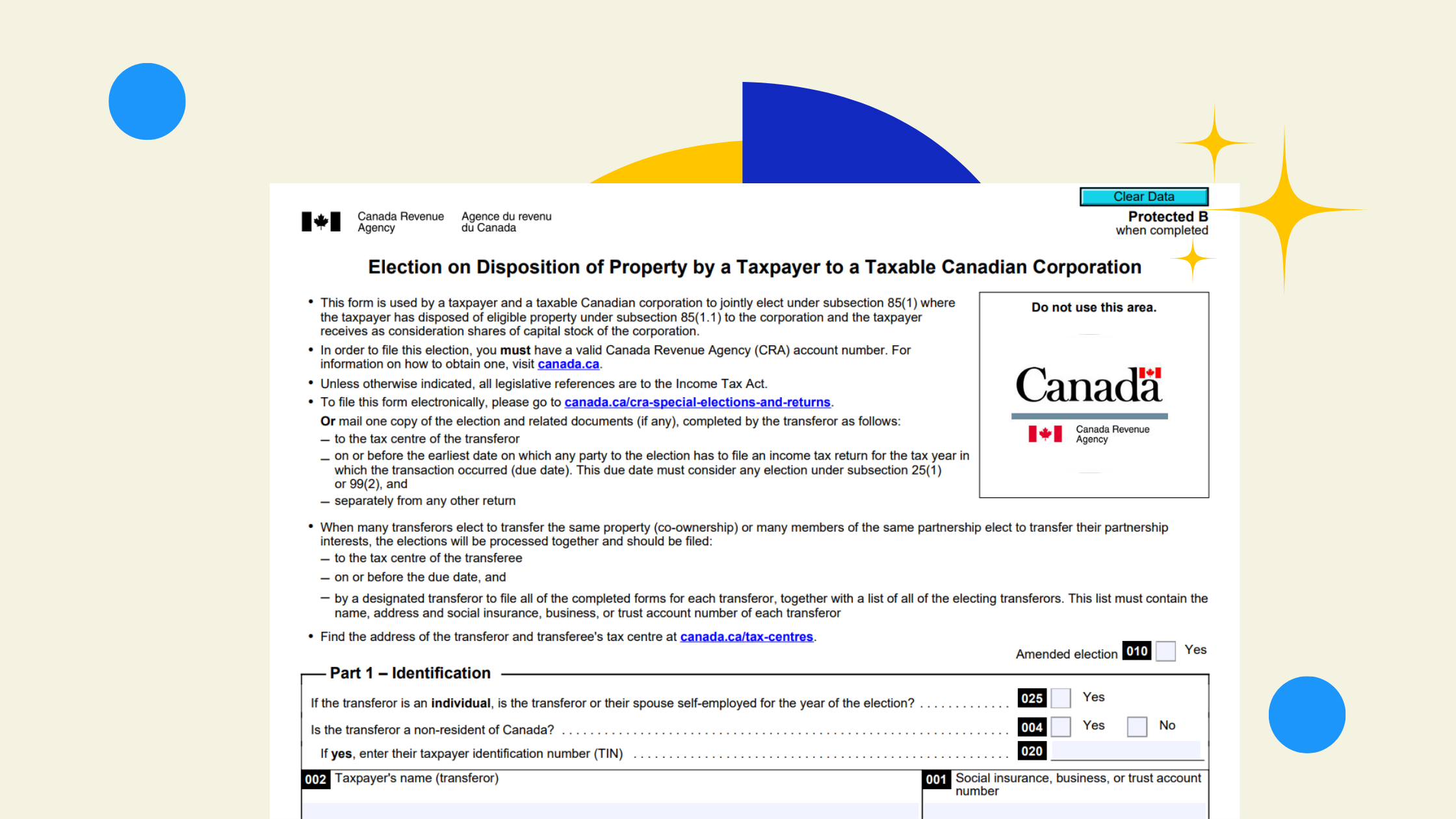Running a business is demanding, and for many owners, keeping financial records in order is often pushed to the back burner—until it becomes a major problem. It’s easy to get caught up in daily operations, focusing on sales, customer service, and growth while assuming your accounting system is working as it should. But when left unchecked, financial mismanagement sneaks up in ways that aren’t always obvious—causing stress, penalties, and missed opportunities.
Imagine preparing for tax season only to realize your books are full of discrepancies, missing invoices, and unclassified expenses. Or worse—receiving a letter from the CRA demanding overdue filings or an audit. These situations are more common than you think, and they don’t happen overnight. They build up over months or even years due to overlooked financial records, outdated processes, and unreliable software integrations.
Nearly 90% of businesses we encounter require an accounting cleanup before they can move forward efficiently. If your business is growing but your books are a mess, you’re not alone—and there’s a solution.
A proper accounting cleanup helps untangle financial chaos, prevent compliance issues, and give you the clarity you need to make smart decisions for your business. Here are the top three reasons business owners find themselves in urgent need of a cleanup—and how to fix them.
📌 Integrations Are Not Always Seamless
Many business owners rely on accounting software like QuickBooks or Xero to streamline their finances. While these tools are powerful, they aren’t foolproof. Integrations with payment processors, payroll providers, and CRMs can break, leading to duplicate transactions, missing data, or incorrect categorizations.
Over time, these small issues snowball into significant discrepancies that require expert intervention. A proper cleanup ensures that every integration functions correctly, financials are reconciled, and your reports accurately reflect reality.
How to Fix It:
✔️ Regularly audit integrations to ensure they sync correctly.
✔️ Use automation tools to flag duplicate or missing transactions.
✔️ Work with an accountant to review your setup and correct any issues.
✔️ Ensure financial software is updated and properly configured for your business needs.
📆 Meeting with an Accountant Once a Year Isn’t Enough
Too often, business owners only meet with their accountants at tax time—only to discover that their books are a mess. Receipts are missing, transactions are uncategorized, and financial statements are inaccurate. This leads to costly delays, last-minute scrambling, and potential penalties.
Regular accounting check-ins ensure financials stay accurate year-round, giving business owners the clarity and control they need to make strategic decisions.
How to Fix It:
✔️ Schedule monthly or quarterly check-ins with your accountant.
✔️ Use cloud-based accounting software to maintain up-to-date records.
✔️ Set up automated reminders for expense tracking and categorization.
✔️ Keep digital copies of all receipts and invoices for easy access.
🚨 Finances Are Neglected Until the CRA Comes Calling
Many businesses don’t take their accounting seriously until they receive a frightening letter from the CRA. Whether it’s a late filing notice, an audit request, or penalties for inaccurate reporting, these situations create unnecessary stress and financial strain.
Keeping up with monthly reconciliations, tax filings, and financial tracking prevents these emergencies and keeps businesses compliant. A proactive approach to accounting eliminates surprises and ensures peace of mind.
How to Fix It:
✔️ Set reminders for all tax deadlines and filings.
✔️ Perform monthly reconciliations to ensure accuracy.
✔️ Stay on top of GST/HST filings and payroll deductions.
✔️ Work with an accounting firm that guarantees compliance and audit support.
✅ The Solution: A Structured Cleanup and Ongoing Support
A structured accounting cleanup process can help businesses get back on track. Reviewing books, correcting discrepancies, and setting up efficient systems prevent future issues and ensure financial stability. Beyond cleanup, ongoing support keeps financials accurate and compliant all year long.
If you suspect your books are in disarray, don’t wait until tax season or a CRA notice to take action. Get your finances in order now—before they become a bigger problem.
.png)


.png)

